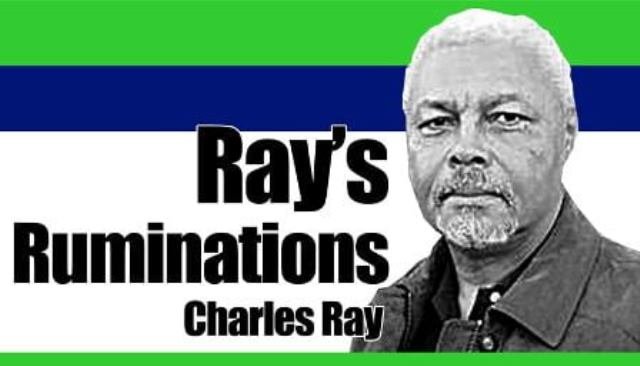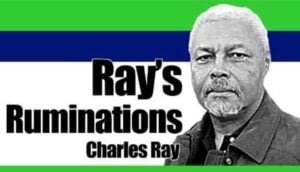
Globalization has totally enlivened the entertainment industry. We can now see hit movies and TV shows from all over the world shown on American cable channels, and not just a few French, German, or Italian films. While this is an enriching experience, it can also at times be confusing, despite the English titles and subtitles.
Let me explain what I mean.
My wife and youngest daughter, both of whom were born in Korea, but who have lived more years of their lives in the U.S. than in Korea, are absolutely nuts about Korean TV shows and movies, especially soap operas. Both, however, watch them with English subtitles.
Lately, one of my better half’s favorite shows is a TV series called in English, The Revolutionary Sisters, which is Hyeokmyeongjeok jamaetul in Korean. Now, the English title is a literal translation of the Korean, but my wife complained that based on the action and speech of the performers, the English title didn’t seem to make sense. When I asked her if the Korean title did, her answer was ‘yes, but in English it doesn’t sound right.”
Now, I’m not a fan of soap operas, and don’t watch much TV, except for some of the old series from the 70s and 80s or new Sci-fi and adventure films that make it to cable. But I am a historian, and one of my special areas of interest is the cultural nuances of language as it applies to diplomatic encounters, where a word can mean one thing to the speaker, but when translated into his opponent’s language can convey a completely different meaning.
So, I did a study of The Revolutionary Sisters and it took me all of half an hour to identify the problem. It was failure of the translators to understand the differences between American and Korean culture. The translated title was correct insofar as the dictionary definitions are concerned, but it failed entirely to convey the meaning intended by the creators of the series.
A story about three sisters at odds with their father after the death of their mother, it showed them resisting parental authority in pursuit of their own individual goals. In other words, they were revolting against parental authority.
In Korean, that’s an absolute no-no, and is on a par with revolting against government authority, making your actions revolutionary. In the American culture we don’t see it that way. Rebel against the government and you’re revolutionary. Rebel against your parents and you’re rebellious, so a more accurate translation for an American audience would be The Rebellious Sisters.
Another problem with translations is when a word has more than one meaning in one language and the translator chooses the wrong one. Take the word ‘compromise,’ for example.
One meaning is to find common ground, to give a little in order to come to agreement. Another, though, is to corrupt or damage. Taking Korean as an example. The former definition, to settle, for example, in Korean is tahyeophal, while the negative definition, to damage or corrupt, is sonsang or chimhnaehal. Use the wrong word going from either language to the other and you’ll corrupt a sentence beyond recognition.
It’s kind of like the kerfluffle the Chevrolet company had several years ago when marketing their new Chevy Nova in Latin America. Nova is a Latin word that means new, and I’m pretty sure that’s what was on the Chevy marketing folks’ minds when they named the car. In Spanish, though, ‘no va’ means ‘not going.’ Not many people would be interested in buying an automobile with that name, right?
The world will only become more globalized as technology advances, but our various languages and the way we think about them will probably always lag behind. The only cure is to put a little more effort into understanding not just the languages that other people speak, but the cultural setting in which those languages are spoken.
Oh, and while we’re at it, learn the nonverbal language as well, but that’s a story for another time. | NWI




